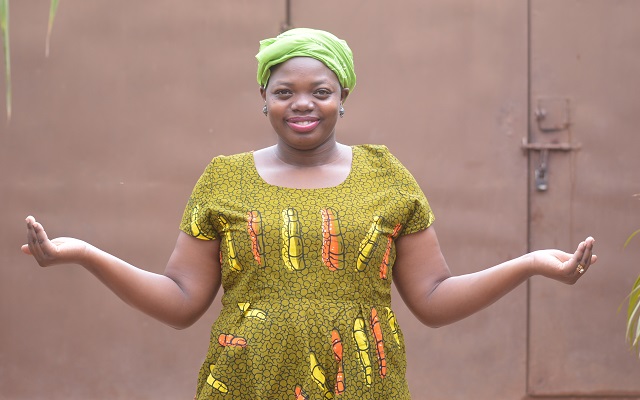To mark IWD 2019, GWP Eastern Africa is joining the Global Campaign aimed at sensitizing the global community on the importance of building a gender-balanced world, especially in water sector.
Under the Hashtag #BalanceforBetter, GWPEA engaged its newtwork members and requested them to be part of the campaign by sharing their photos with the "hands out" pose indicating balance as well as their quotes on the following question: How to ‘balance for better’ in the water community? Or How to ‘balance for better’ in water management?
Responses were very positive and largely shared on social media. Mrs Prudence Ayebare from the Uganda National Farmers' Federation was one of the respondents and below is her view on the topic
"Access to water is a prerequisite to improved health, livelihoods and over all well being. R. Asaba (2017). In most parts of Africa women are answerable when it comes to secure water for drinking, washing, cooking, cleaning and other activities in a home. When water supplies are threatened during the dry season or drought periods, women must walk further, wait for longer and rely on lower quality water to provide for their household. This is an imbalance in terms of responsibilities associated to water utilization and accessibility.
While women get stressed more on issues of water scarcity, it has increased gender roles in the homesteads that are not balanced especially with women carrying a heavier load in the stress related to water search and general accessibility. If this would be balanced, women would be more efficient and encouraged in the challenge regarding water use.
This could be balanced better through the initiatives related to water harvesting technologies that brings water nearer to the women, through PPP, and government intervention for the rural poor communities. Balancing the roles of water search, and collection with men for support and strategic intervention in gender empowerment related to water.”
